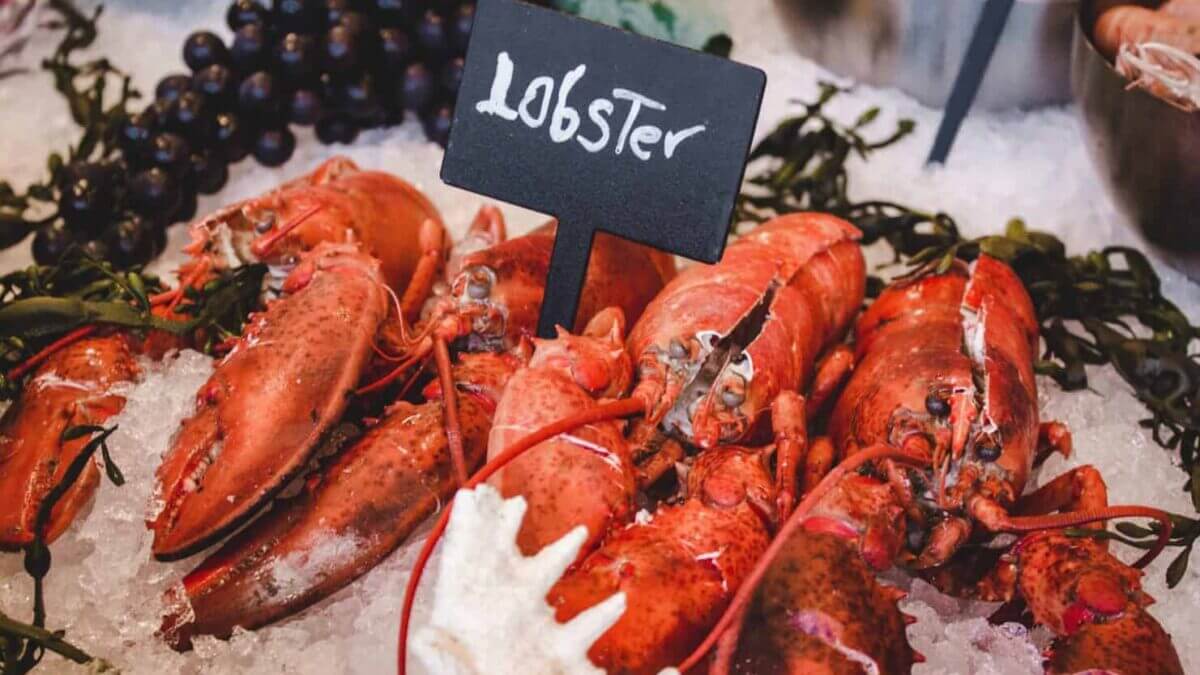Symptoms of the feared Covid-19 virus have popped up in more than just the human body.
The global seafood industry, once worth hundreds of billions of dollars, have also been infected and fell sick due to the virus.
In fact, the demand for seafood has dropped so severely that prices for fresh produce have also tanked.
Although restaurants and cafes cautiously reopen as countries slowly lift emergency lockdown orders, customers remain wary of dining in with some even avoiding takeaways for fear of the virus quietly settling onto the food during preparation.
From fishermen, fish and shrimp farmers to processing plants, everyone is hurting from the virus that is wreaking havoc on the supply chain.
Catching just 1kg of squid per day used to be enough to sustain Thai fishermen during the pre-Covid-19 era.
Now, prices have been halved and with no buyers or decent export market, these small fishermen go out only a couple of times a week to prevent oversupply and wastage.
Fresh seafood is seen as a luxury in many parts of the world.
Being a luxury product has proven to not be a blessing for those involved in the seafood industry though as indulgences were one of the first things people let go of when times started getting tough.
The empty hotels and restaurants in Japan with the visible absence of tourists have affected prices for fancier seafood such as sea urchins and crab.
Over in Norway, both wild and farmed salmon prices have dropped.
Vietnam has reportedly experienced a 35% to 50% decrease in export contracts this year.
There’s fear in the industry that demand will disappear as F&B businesses struggle to stay afloat.
National Fisheries Association of Thailand chairman Mongkol Sukcharoenkana was reported saying: “There is less demand for seafood now, fewer consumers.” This has severely impacted Thailand’s economy as the nation is one of the world’s biggest seafood suppliers.
The whole seafood industry isn’t suffering though.
The canned food sector has seen a sharp increase as panic buying caused people to stock up in case supplies run out.
The same can be said for some frozen foods.
Free Malaysia Today reported Poj Aramwattananont, the president of the Thai Frozen Foods Association saying fish fillets are in demand as more people cook at home.
More expensive products like lobster and scallops are not moving as restaurants close.
Still, there is a glimmer of hope.
As life slowly begins in the “new normal”, customers will return to dining out, albeit more cautiously and in smaller numbers.
There’s nothing much that can be done right now except to survive and adapt.
Join MIFB e-Exhibition to showcase your seafood products on our online marketplace.



